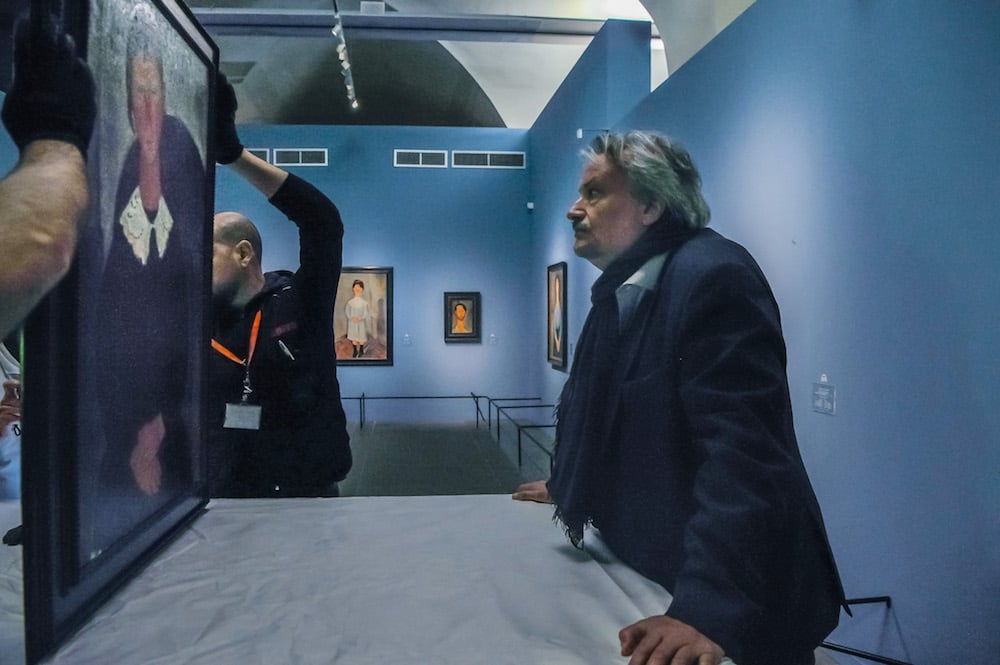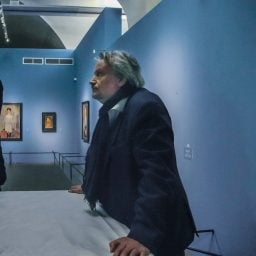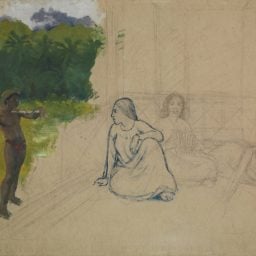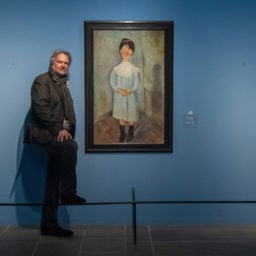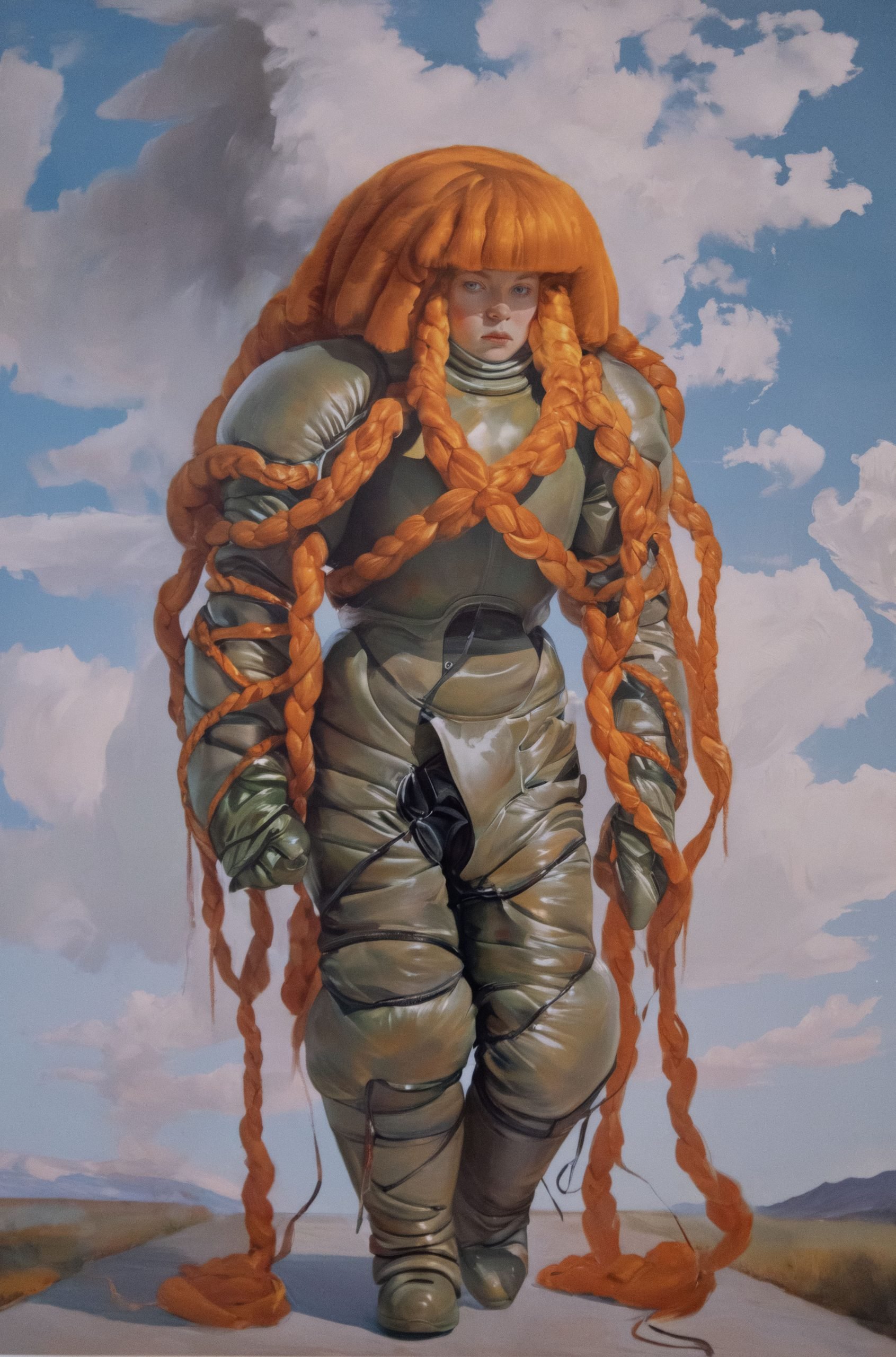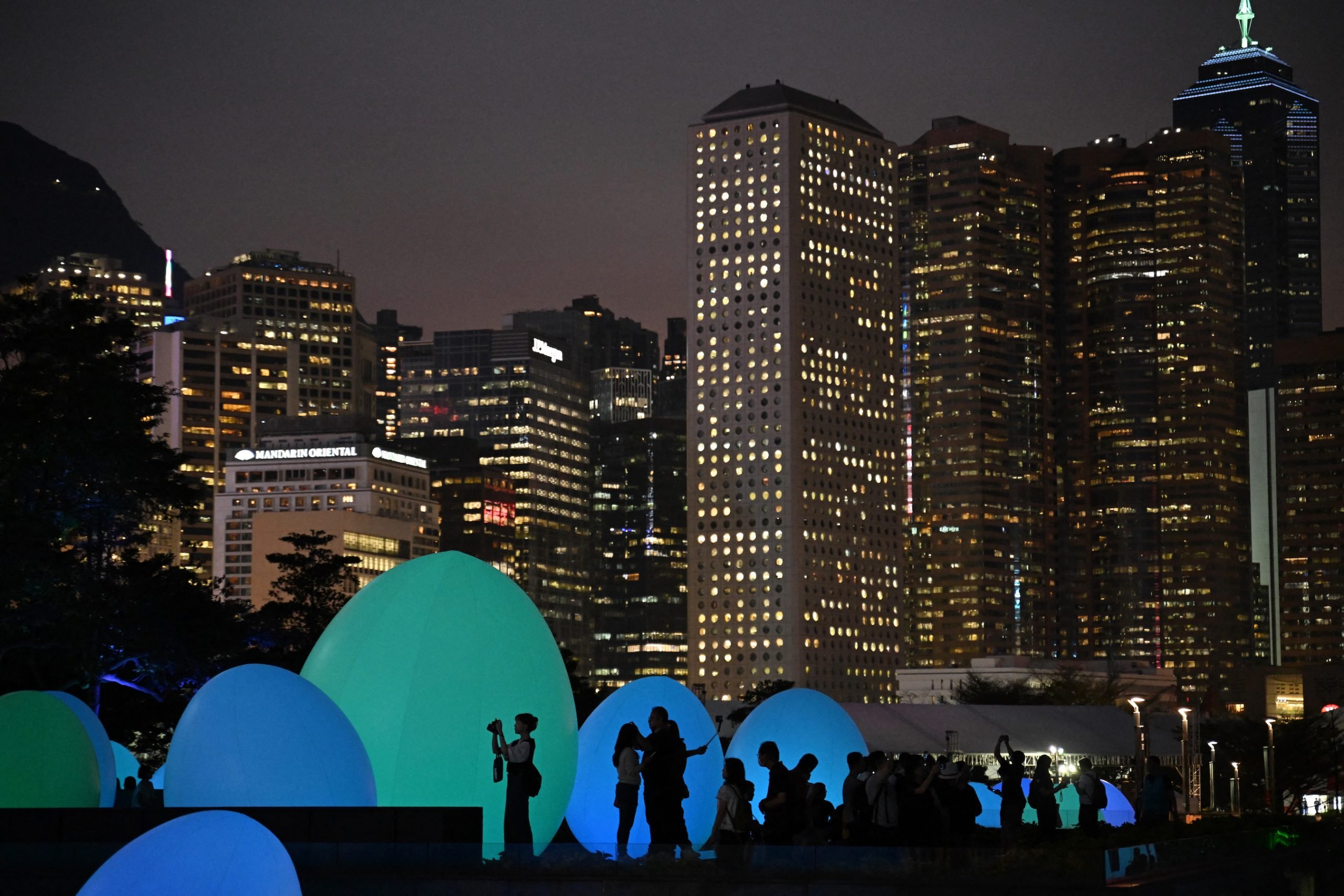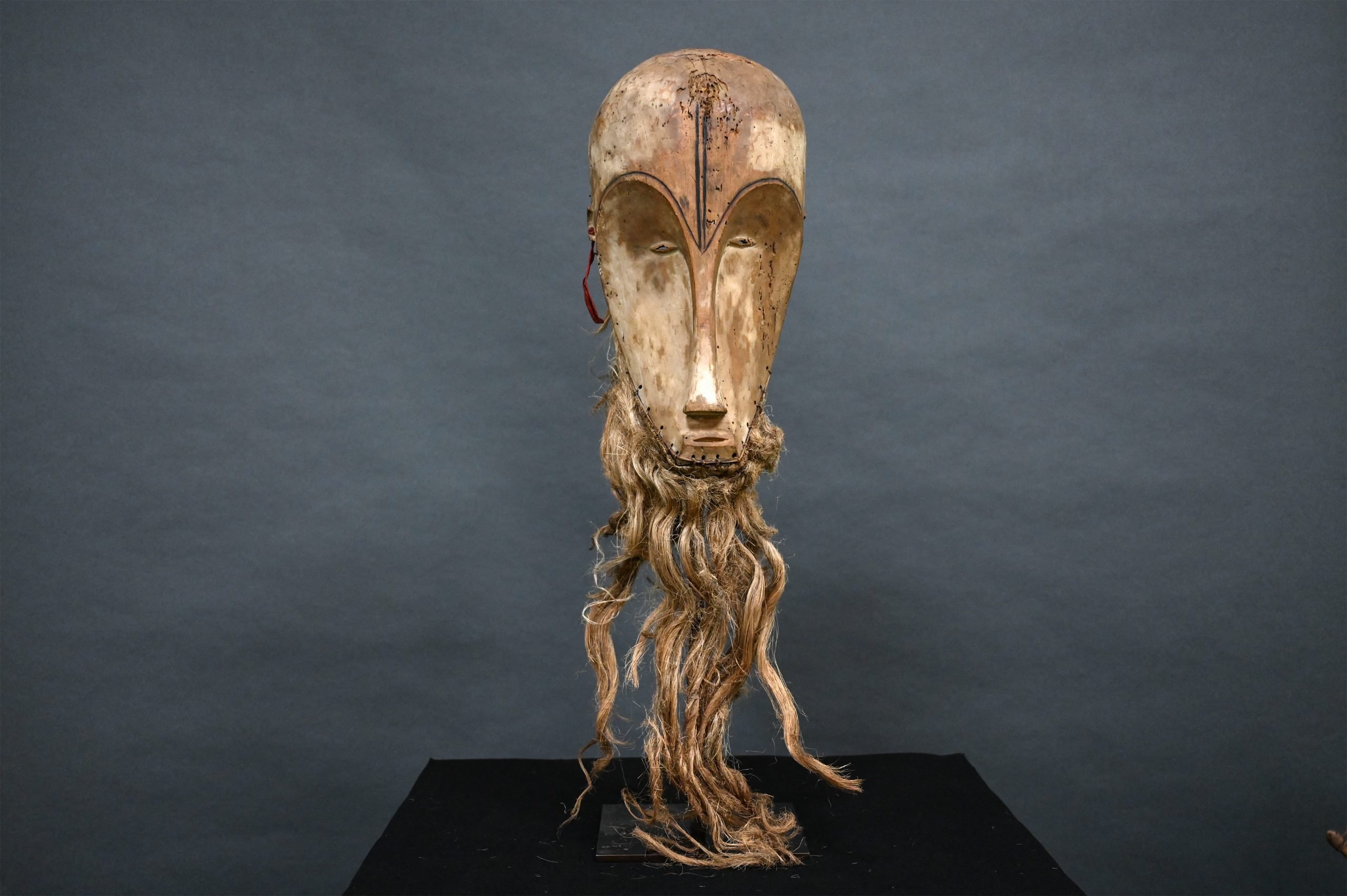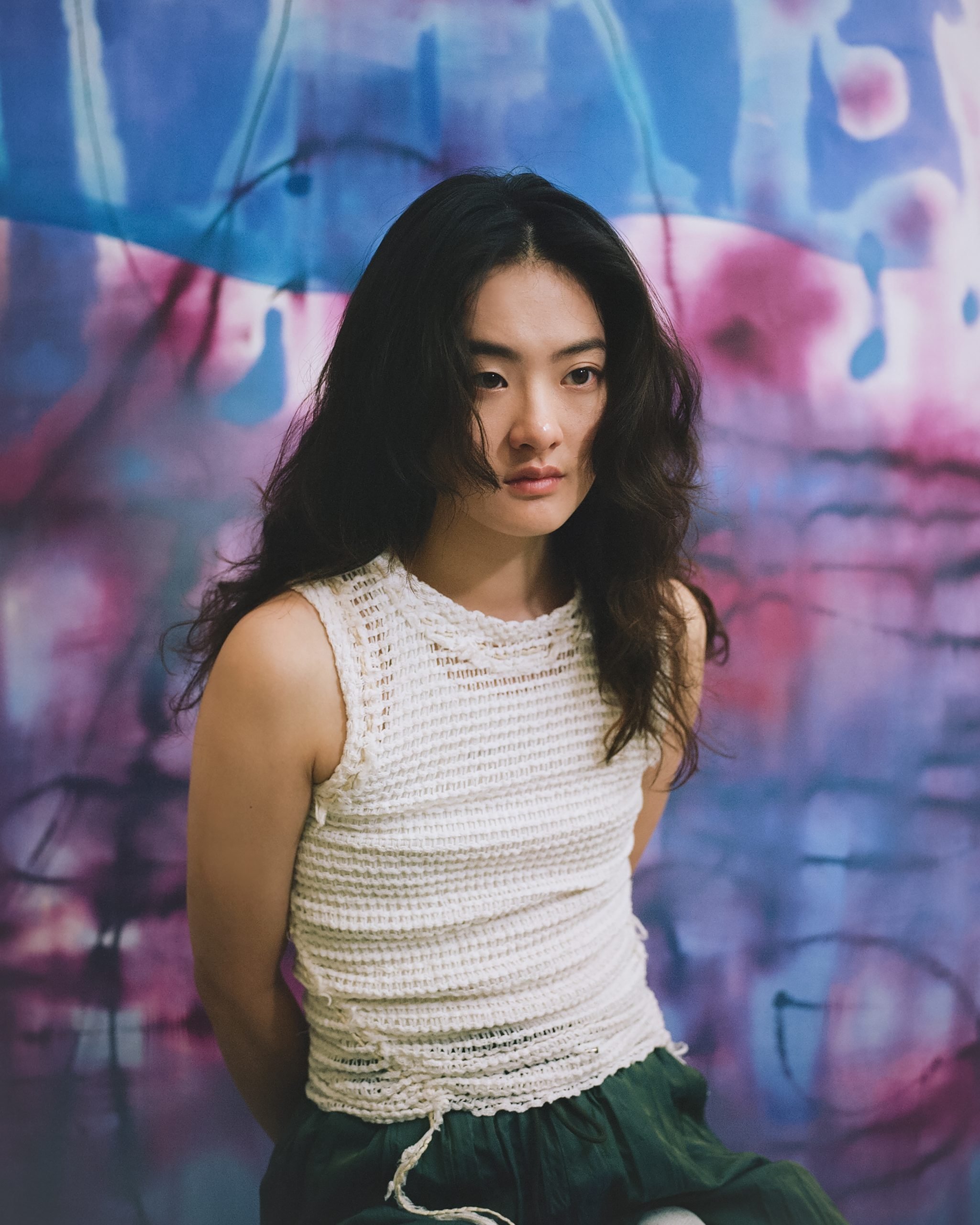Any time the prized work of Italian artist Amedeo Modigliani—one of the most expensive painters in the world—is involved in a dispute, the stakes are high. The latest round of legal fighting between a high-profile research institution and a famous Modigliani expert is no different.
Just over two months after Modigliani scholar Marc Restellini sued the New York-based Wildenstein Plattner Institute, alleging that it was unlawfully hoarding thousands of pages of his original research and planning to make it all public, the institute has returned fire with a scathing response and new claims of its own.
Restellini has been working on a Modigliani catalogue raisonné—a comprehensive listing of all the known works by a particular artist—for the past three decades. In June, he asked the court to block the organization from publishing his research and force them to destroy any digital copies.
On August 14, the institute struck back in US district court. (The new filing was first reported by The Art Newspaper.) Restellini’s lawsuit, the organization said, is “a belated and wrongful attempt to seize control over scholarship that was researched, collected, and organized by others, and to ‘own’ facts concerning the artist Amedeo Modigliani that do not belong to him.” The institute alleges that Restellini is angling to create “monopoly power for himself” over historical information about the artist to maximize his own profit.
According to the suit, Restellini acknowledged more than seven years ago that he is not the sole owner of the materials. In fact, in 2013, the organization claims, he unsuccessfully attempted to purchase the material from the group’s predecessor, the Paris-based Wildenstein Institute, proving that even Restellini was aware he was not the sole owner.
In legal filings, the institute characterized Restellini’s dismissal of the Wildenstein Institute’s contribution to the work—which included the cost of scientific analysis and extensive staff research—as “revisionist history.” Among its counterclaims against Restellini are charges of copyright infringement, conversion, and false advertising.
Restellini’s attorney did not immediately respond to request for comment.
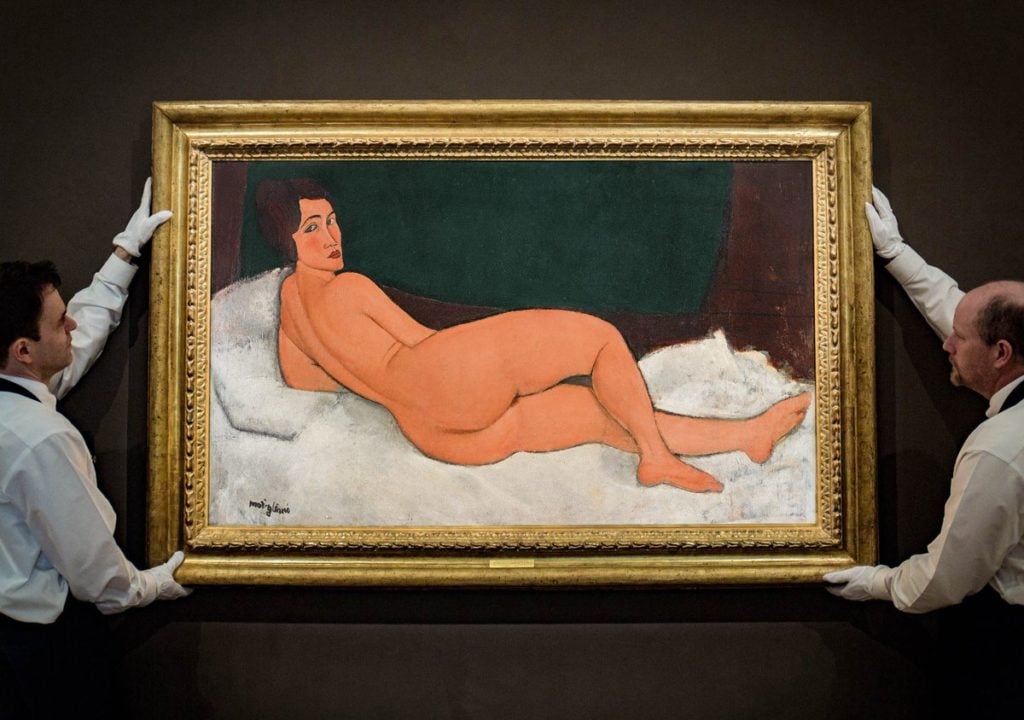
Amedeo Modigliani, Nu couché (sur le côté gauche) (1917). Courtesy Sotheby’s.
How the legal battle shakes out could have important implications for the soaring Modigliani market. The artist’s distinctive portraits—which depict long-necked subjects with almond-shaped eyes—have broken the $100 million mark twice at auction in recent years.
Works are hard to come by given that the artist died at age 35 after being plagued with poor health throughout his life. Since Modigliani’s death in 1920, his oeuvre has also been plagued by rampant fakes, heated authenticity debates, and competing catalogues raisonnés.
The current legal fight is rooted in the founding of the Wildenstein Plattner Institute. Restellini first began his research in 1997 with the support of the preceding entity—the Paris-based Wildenstein Institute, founded in 1970 by art dealer Daniel Wildenstein. After Daniel died in 2001, his son, Guy, also part of the family’s art-dealing dynasty, oversaw the institute. Restellini’s collaboration with Guy ended in 2014.
In November 2016, Guy joined forces with German collector and technology entrepreneur Hasso Plattner to launch Wildenstein Plattner. It is focused on digitizing and increasing the accessibility of art-historical documents. As part of the merger, Wildenstein gifted Restellini’s papers to the newly formed institute, according to Restellini’s court documents. Restellini claimed the institute never sought or obtained permission to transfer the material.
Much of the Wildenstein Plattner Institute’s recent 34-page filing is devoted to blanket denials of Restellini’s claims, but it also argues that the materials at issue are not copyrightable and that they are a collaborative work under French copyright law.
The institute has asked the court to grant it a share of any profits that result from Restellini’s use of the research. The lawsuit claims that Restellini charges around €30,000 for each Modigliani-based inquiry.
According to the legal papers, the Wildenstein Plattner Institute had planned to make the so-called “Digital Modigliani Archive” publicly accessible at no charge. Now, it has agreed to suspend all of its work on the project until the legal battle is resolved.
Update: Daniel W. Levy, US counsel to Mr. Restellini, told Artnet News: “As Mr. Restellini’s complaint alleges, he never transferred, or assigned, any rights to any of the material that he created or assembled. As his complaint makes clear, such transfers or assignments would have to be in writing and, as WPI itself recognizes, there was no such document. From start to finish, Mr. Restellini has always been the sole author of his catalogue raisonné and was never supervised or employed by anyone in his 30 years work on Modigliani.”
Follow Artnet News on Facebook:
Want to stay ahead of the art world? Subscribe to our newsletter to get the breaking news, eye-opening interviews, and incisive critical takes that drive the conversation forward.
